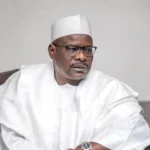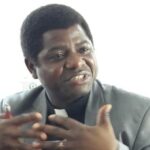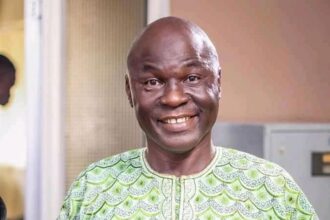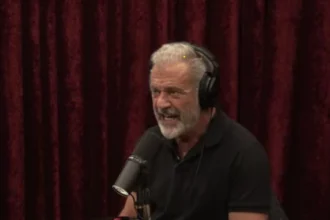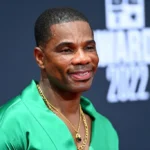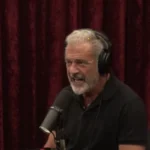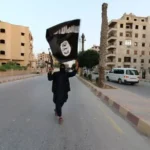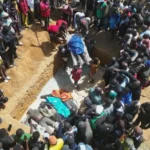In the small village of Bethlehem in Northwestern Benin, something extraordinary unfolded between August 15–17, 2025. What began ten years ago as a modest gathering of voices has grown into a transformative celebration of music, art, and faith that now draws together more than 20 ethnic groups from across West Africa. The Africa Sings Festival, organized by the Christian non-profit Africa Sings, has become a powerful tool for promoting peace, reconciliation, and the Gospel of Jesus Christ in a region often shaken by ethnic and religious tensions.
This year’s 10th edition came at a time of growing insecurity across West Africa, where conflicts between farming and herding communities, coupled with extremist violence, threaten to destabilize entire societies. Yet in the midst of these challenges, the festival created a sanctuary of peace, where Christians, Muslims, and traditional communities met not with hostility but with music, dance, and the healing presence of God.
A Festival Rooted in Biblical Values
The founder of Africa Sings, Dr. Daniel Dama, explained that the initiative is firmly anchored in the biblical call to peace and reconciliation. “The general objective of the festival,” he said, “is to promote social cohesion, peace, and non-violence in the coexistence of communities through intercultural exchanges and the celebration of ethnoarts.”
Dr. Dama, who holds a Ph.D. in Intercultural Studies and serves on the advisory council of the Global Ethnodoxology Network (GEN), emphasized that the festival is not just about culture—it is a living witness to the Gospel. He believes ethnodoxology, the practice of integrating local artistic expressions into Christian worship, is a vital tool for evangelism in Africa today. “African Christians and artists do not need to be ashamed of playing traditional fiddles, bamboo flutes, or introducing indigenous dance into the church. When we worship God in our own heart language and culture, many souls are drawn into the Kingdom,” he explained.
Bridging Divides Through Art and Worship
The Donga region, where the festival was held, is home to farming communities like the Yoa, Lokpa, Otamari, and Somba, alongside the nomadic Fulbe herders. Historically, this mix has often been a source of conflict. Dr. Dama noted that agricultural-pastoral disputes frequently become a breeding ground for violent extremism, underscoring the urgency of platforms like Africa Sings.
The festival unfolded over three days, each with a distinct focus:
-
Day One: Intellectual and Spiritual Exchange. Scholars, pastors, missionaries, and artists engaged in dialogue about faith, worship, and cultural integration. Sensitive issues often avoided in the community were addressed in a safe environment, creating opportunities for mutual understanding.
-
Day Two: The Festival of the People. Artists from multiple ethnic and religious backgrounds showcased traditional music, dance, clothing, and cuisine. For many attendees from Muslim and other faith communities, it was a powerful demonstration of shared humanity.
-
Day Three: Worship and Competition. The final day featured a Sunday worship service and Christian music competition. While designed for the body of Christ, the event was open to all. Many unbelievers stepped inside a church for the first time, some leaving with a renewed perspective on the Christian faith.
Stories of Transformation
The testimonies from the event revealed just how deeply the Gospel message resonated. A local king shared that it was the very first time he had entered a church building. Hearing his community’s music performed in worship gave him confidence and courage to step inside. “I wished my royal position would allow me to convert to the Christian faith,” he confessed after being moved by the worship atmosphere.
A Muslim participant also admitted to being hesitant to enter a church but was welcomed warmly by Dr. Dama himself. “You are amid the family of God, you belong here,” Dama told him. That moment of kindness completely changed his perception of Christians.
Even local leaders who initially criticized the organizers for not extending invitations to their communities later embraced the vision of Africa Sings. One such leader, representing a large Muslim ethnic group, told Dama: “The arts of Africa Sings belong to everyone. This festival must continue because it brings peace to our people.”
Ethnodoxology: Worship Rooted in Culture
For Dr. Dama and his team, the heart of the festival lies in ethnodoxology—the integration of local cultural expressions into Christian worship. “This is not about copying Western worship styles,” he explained. “It is about using African music, dance, and storytelling to communicate the truth of Christ in a way that touches the heart and speaks to our worldview.”
The impact is undeniable. By reclaiming traditional instruments, songs, and idioms, African Christians are discovering deeper ways to express their faith. Worship in heart languages has not only revitalized congregations but has also opened doors for evangelism across ethnic and religious divides.
Looking Forward
As the festival concluded, it was clear that Africa Sings had accomplished far more than entertainment. It had broken down walls of suspicion, brought communities together in peace, and opened countless hearts to the Gospel.
Dr. Dama believes the urgency of this mission cannot be overstated. “African Christians are seeking desperately to return to their ancestral artistic practices as they worship God. Through these forms, many are finding the Bible more relatable, and many more are encountering Jesus Christ for the first time.”
In a region where violence and division often dominate the headlines, the Africa Sings Festival stands as a prophetic declaration that peace, reconciliation, and the Gospel are not only possible but flourishing in West Africa.


